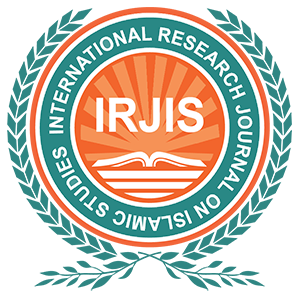Abstract:
This research article explores the strategic frameworks for economic stability in the context of (Seerat al-Nabi ﷺ) the life of Prophet Muhammad ﷺ. By examining the principles and practices employed during the Prophet’s time, the study aims to identify sustainable economic models and strategies that can be applied in contemporary settings. The analysis focuses on key aspects such as ethical trade practices, equitable distribution of wealth, social welfare systems, and the promotion of financial justice. The research highlights how these principles, grounded in Islamic teachings, fostered economic resilience and prosperity in early Islamic society. By drawing parallels between historical practices and modern economic challenges, the study proposes a comprehensive strategy for achieving economic stability in today’s global economy. The findings suggest that integrating these time-tested principles with contemporary economic policies can lead to a more stable economic environment.
Keywords: Islamic Economy, Financial Justice, Economic Stability, Wealth production, Wealth Distribution, Ethical Trade, Seerat al-Nabi ﷺ

